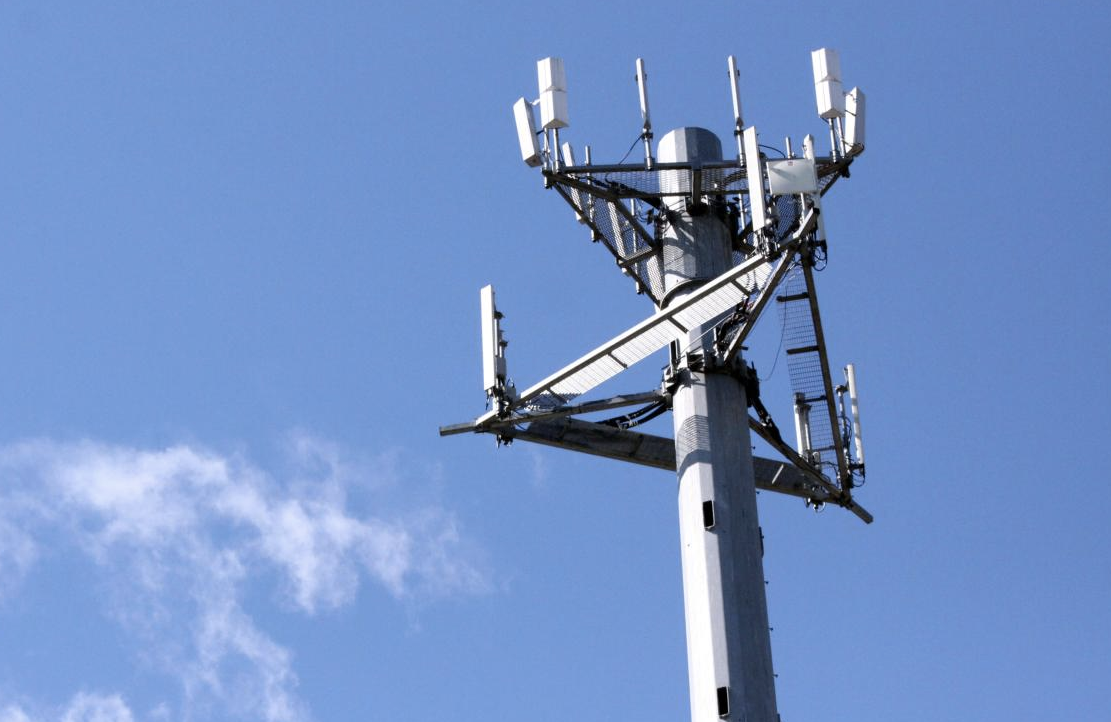The FAA recently voiced concerns that the C-Band spectrum being deployed by some carriers might interfere with airplane safety systems, and now it seems AT&T and Verizon have decided to delay their planned 5G deployments in response.
The news comes via The Wall Street Journal and states that the two carriers have both separately agreed to delay their deployment of the new C-Band spectrum by about a month. For the uninitiated, the C-Band spectrum operates between about 3.7 GHz and 4.2 GHz. It offers a nice middle ground between the far-reaching but slower low bands and the short-range but speedy millimeter-wave bands. AT&T and Verizon both won a slice of the C-Band spectrum in an auction back in February and March. Both carriers had planned to deploy it at the end of this year and into next year.
On account of these concerns, the plans are now on hold while the carriers discuss them with the FAA. AT&T apparently agreed to delay the deployment until January 5th while Verizon agreed to delay "by a month" as a result of a request from the Transportation Department. The delay will definitely affect AT&T's plans, which was to begin enabling its C-Band 5G+ this December.
Concerns by the FAA over interference from C-Band were raised earlier this year. Certain airplane safety features such as bad weather landing assistance and collision avoidance use radio altimeters that operate in the nearby 4.2 GHz to 4.4 GHz range. The FAA is concerned that C-Band frequencies being emitted by towers nearby during landing could negatively affect these systems. Carrier officials have claimed the evidence doesn't support those fears, and that 5G networks will not interfere with the flight equipment.
AT&T has specifically said it will continue discussions with the FCC and the FAA to address their concerns. The carrier says that it is important for the discussions to be led by science and data to properly assess any possible interference issues.

